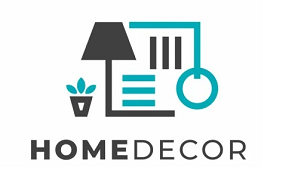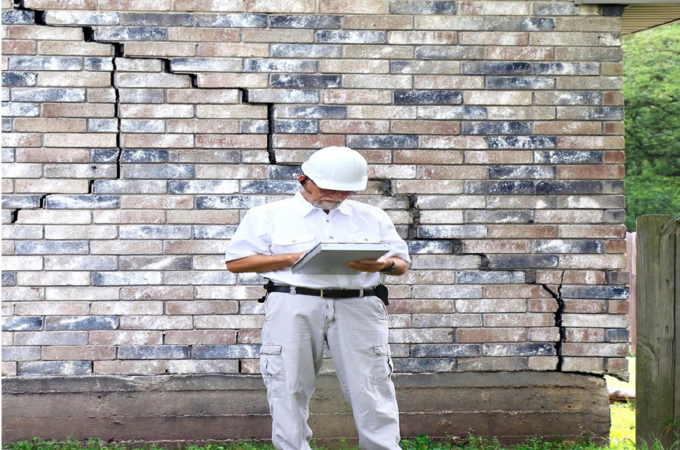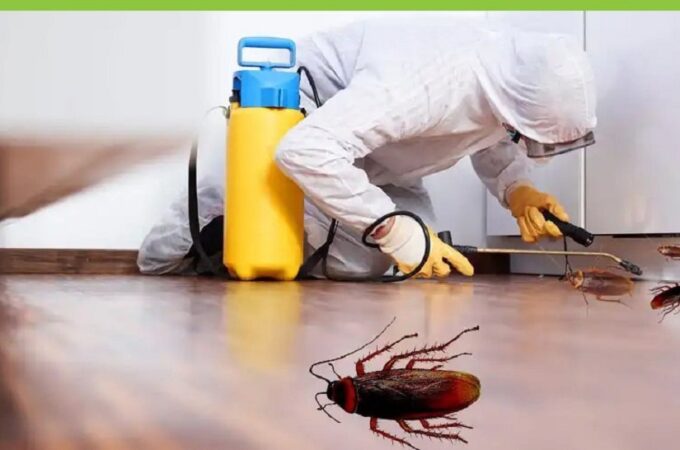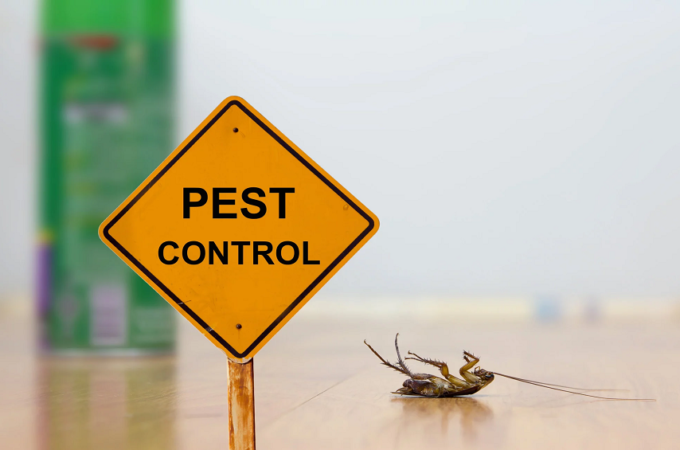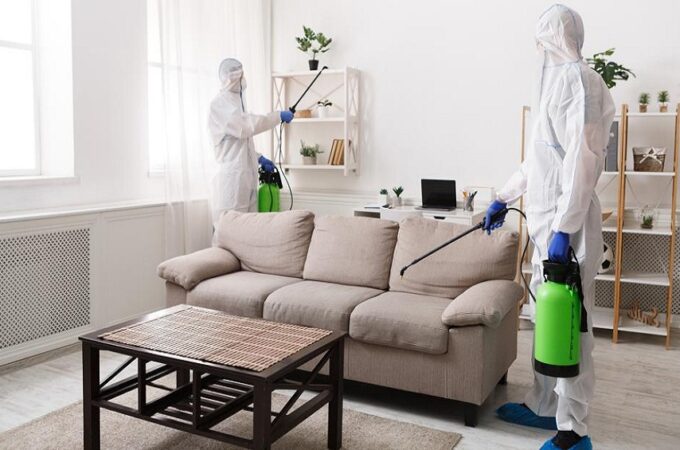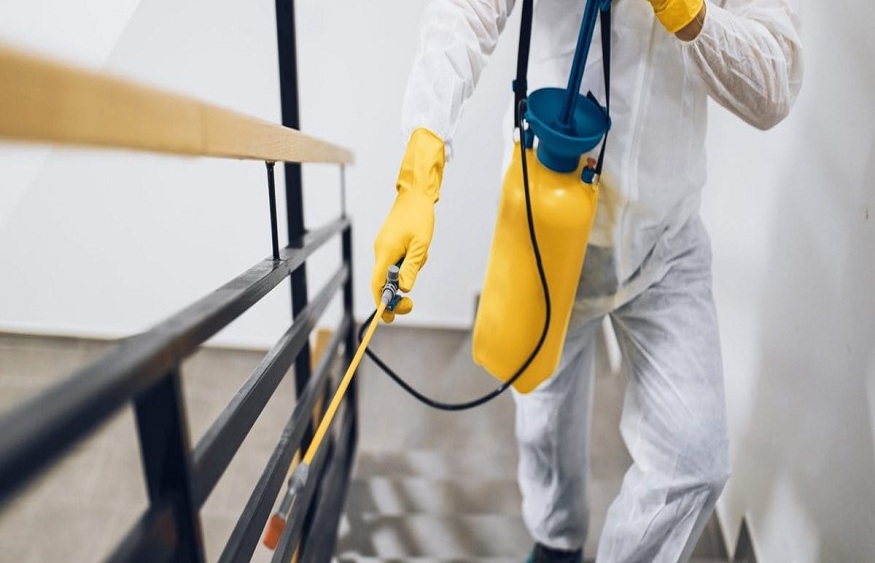
How Can Pest Control Save You Money in the Long Run?
Imagine this scenario: you walk into your office one morning, ready to tackle the day’s tasks, only to be greeted by an unwelcome surprise. A trail of ants leads from the break room to your desk, and upon further investigation, you discover a full-blown infestation in your workspace. Panic sets in as you realize the potential damage these tiny intruders can cause – not just to your peace of mind but also to your bottom line.
Pest control may not be at the top of every business owner’s priority list when it comes to budgeting and planning. After all, there are countless other expenses and responsibilities that demand attention. However, neglecting pest control can have costly consequences that far outweigh the initial investment required for prevention and treatment.
In this article, we will explore why pest control is crucial for businesses and how it can save you money in the long run. By taking proactive measures against pests and implementing effective strategies, you can protect your property investments while preserving your financial stability. So, let’s dive right in!
How Can Pest Control Save You Money in the Long Run?
Investing in pest control for your business is not just about eliminating annoying bugs and critters. It is a smart financial decision that can save you money in the long run.
By implementing regular pest control measures, you can prevent potential property damage caused by pests. From chewing on electrical wires to damaging furniture and equipment, pests can wreak havoc on your business assets. Repairing or replacing these items can be costly and time-consuming. By addressing the issue proactively through pest control, you can avoid these unnecessary expenses.
Pests also pose health risks to both employees and customers. They carry harmful bacteria and allergens that can contaminate food, surfaces, and air quality within your establishment. This could lead to employee absences due to illness or customer complaints about poor hygiene standards. By prioritizing pest prevention, you are safeguarding the well-being of everyone involved with your business.
Furthermore, if word gets out that your premises have a pest problem, it could tarnish your reputation as a reliable and trustworthy establishment. Negative reviews or bad publicity related to pests can significantly impact customer trust and loyalty towards your brand. Investing in professional pest control services demonstrates that you take cleanliness seriously, boosting consumer confidence in choosing your business over competitors.
The Costly Consequences of Neglecting Pest Control
Neglecting pest control can have costly consequences for businesses. Pests such as rodents, insects, and termites can cause significant damage to property and infrastructure if left unchecked. This can lead to expensive repairs or even the need for complete renovations.
One of the most common pests that businesses face is rats or mice. These rodents not only chew through electrical wiring and insulation but also contaminate food supplies with their droppings and urine. The resulting damage can lead to equipment malfunctions, health code violations, and loss of inventory.
Insects like ants, cockroaches, and termites are also notorious for causing havoc in commercial spaces. They can infest walls, furniture, and wood structures – compromising their integrity over time. If left untreated, these infestations may require extensive repairs or replacements that will undoubtedly drain a business’s financial resources.
Neglecting pest control can be a costly mistake for any business owner. Investing in regular inspections and professional pest management services is crucial to prevent potential damages that could jeopardize your bottom line in the long run.
Effective Pest Control Strategies
Regular inspections and maintenance are key components of any effective pest control strategy. By conducting routine inspections, you can identify any signs of infestation before it becomes a major problem. This allows you to take immediate action and implement necessary measures to prevent pests from spreading and causing damage.
Another important aspect of pest control is proper sanitation practices. Keeping your property clean and free from food debris not only helps deter pests but also eliminates their potential food sources. Regularly emptying trash bins, cleaning spills promptly, and storing food properly can go a long way in preventing pests from entering your premises.
Remember that investing in proactive pest control strategies can save you money in the long run by reducing the risk of costly damages caused by pests. So don’t wait until it’s too late – take action today to protect your property, investments, and financial well-being!
Regular Inspections and Maintenance
Regular inspections and maintenance are key in ensuring effective pest control and saving money in the long run. By conducting regular inspections, any signs of pest infestation can be identified early on, allowing for immediate action to be taken. This proactive approach helps prevent pests from causing extensive damage to your property or products.
During these inspections, professional pest control experts can identify potential entry points or areas that are vulnerable to pests. By addressing these issues promptly, you can eliminate access points for pests and minimize the risk of an infestation occurring.
In addition to inspections, ongoing maintenance is crucial for maintaining a pest-free environment. This includes implementing preventive measures such as sealing cracks and gaps, repairing plumbing leaks, removing food sources that attract pests, and keeping storage areas clean and organized.
By investing in regular inspections and maintenance services from a reputable pest control company, you not only protect your property but also ensure the longevity of your investments. The costs associated with preventing a pest problem or mitigating its effects are far lower than dealing with the consequences of neglecting proper pest control.
